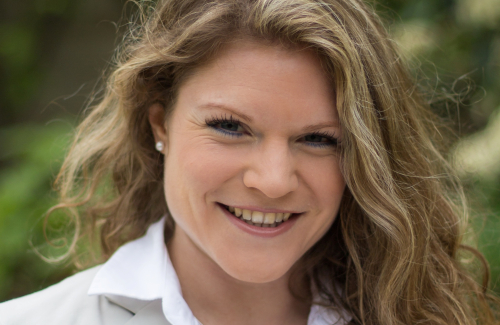More Pembroke news
Stargazing, BBC Radio and Public Engagement for Becky Smethurst (D.Phil Astrophysics)
NEWS |
Becky Smethurst, D.Phil candidate in Astrophysics at Pembroke, was interviewed on BBC Radio Oxford earlier this month to talk about the annual event ‘Stargazing Oxford’, where she was part of a team sharing their expertise with members of the public.
An interactive event held at Oxford University’s Department of Physics, ‘Stargazing Oxford 2016’ took place on 23rd January and attracted houndreds of young people to gather and learn about space and telescopes from astronomy experts.
The BBC interview, which aired on Saturday 16th January, is available HERE until 13th February and begins at the 01:26:16 mark.
Following the success of Stargazing 2016, the University’s astronomers plan to take to the streets of Oxford throughout February, as telescopes with solar filters will be exhibited on Cornmarket Street.
Now in the final year of her DPhil, Becky’s academic research is tied in with Galaxy Zoo, a Citizen Science project which enlists the help of the public to classify the morphology of galaxy images.
Speaking to Pembroke this week, Becky emphasised her passion for communicating ideas from the world of Physics to the wider public: “I think it’s especially important to engage with kids particularly, to help inspire the next generation into STEM [Science Technology Engineering Maths] subjects. Being visible in the community as an astronomer definitely helps to achieve this, along with sparking people’s curiosity and showing them how valuable the research that happens at Oxford Physics really is.”
Becky has taken part in outreach work for a number of years, having formerly been made the Audience Winner and Judges’ Runner Up at the 2014 UK National FameLab Final in London.
‘I love engaging with the public about astronomy - they always ask the best questions!’, she explains. ‘When you’re doing research on your specific part of the inner workings of the Universe, talking to the public reminds you of the bigger picture and what’s really important.’
Photo by Juan Manuel Fluxà

